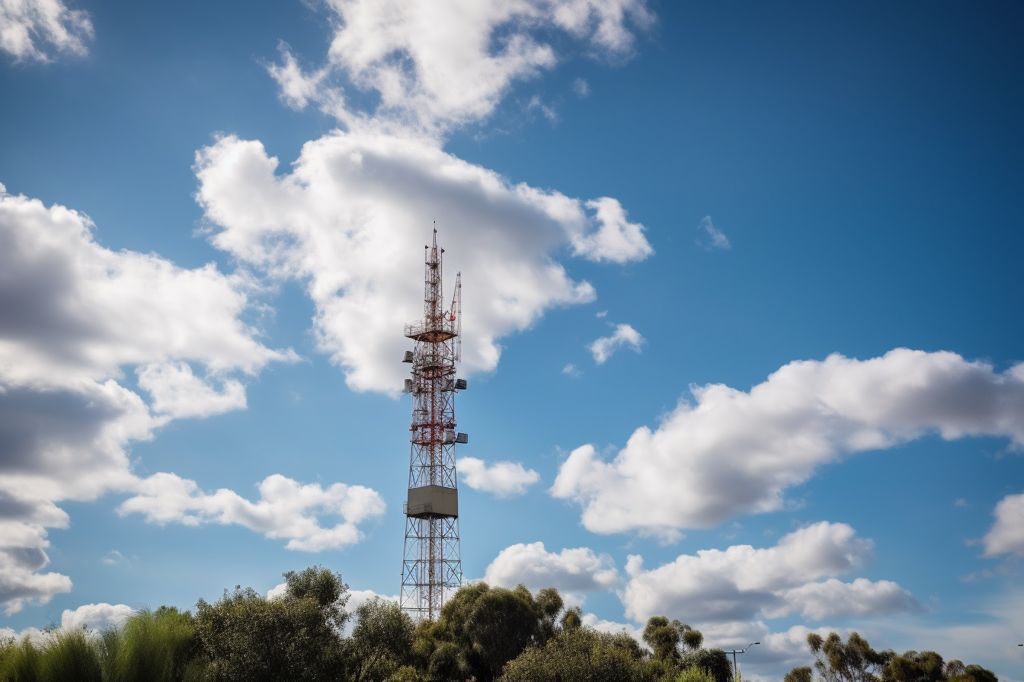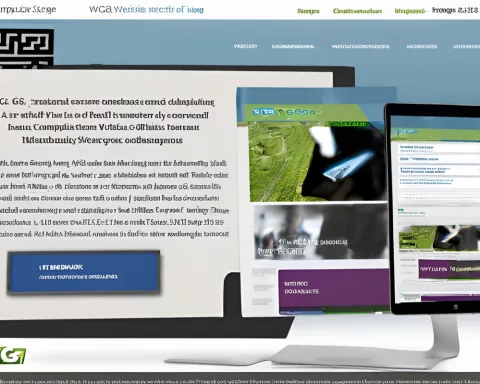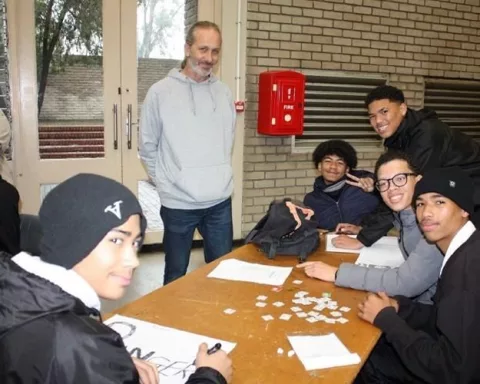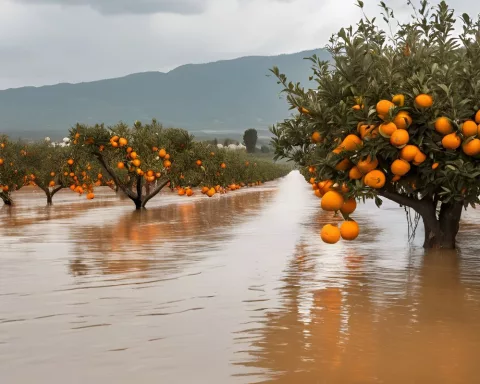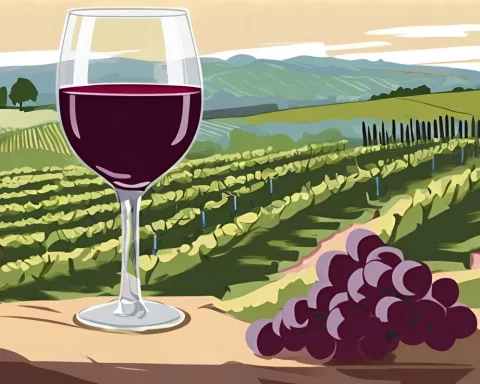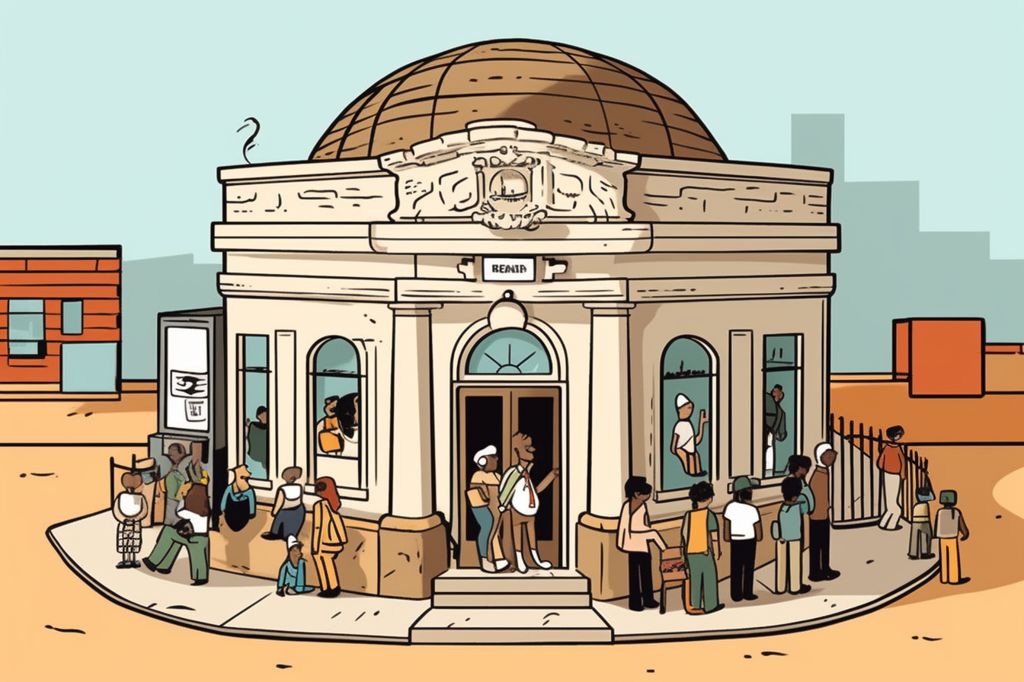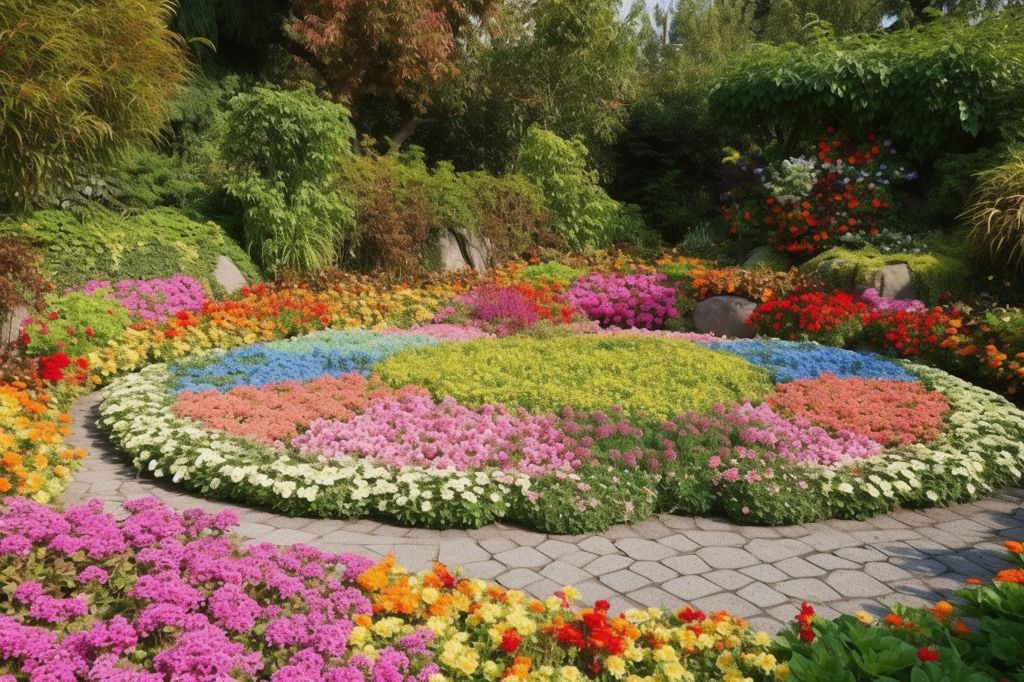The Department of Communications and Digital Technologies has been working relentlessly with its portfolio entities to ensure Western Cape’s readiness for the switch-off of analogue television transmission and the end of dual illumination. To assess the progress made on the Broadcast Digital Migration (BDM) programme in the region, the Honorable Minister Mondli Gungubele, the Minister of Communications and Digital Technologies, will visit Grabouw on 18 May 2023, located in Theewaterkloof Local Municipality, Western Cape Province.
The Primary Objective of the BDM Programme
The primary objective of the BDM programme is to enhance South Africa’s broadcasting services by transitioning from analogue to digital transmission. This change offers several benefits, including better transmission efficiency, improved image and sound quality, and the potential to free up valuable spectrum for broadband and mobile communication services.
Progress Evaluation and Stakeholder Engagement
During his visit, the Minister will evaluate the progress made by the organizations involved in the BDM programme. He will also engage with stakeholders to discuss the challenges faced thus far and the solutions employed to overcome them. This engagement will provide an opportunity for the Minister to gain insights and provide guidance on the best way forward for the region’s digital migration.
Event Details
The Theewaterkloof Local Municipality Offices will host the event, with media representatives invited to attend the gathering. The occasion will take place at 11:00 am on 18 May 2023.
The Significance of the BDM Programme
As South Africa advances in its digital transformation journey, the BDM programme plays a pivotal role in ensuring a smooth, efficient transition. With the support of Minister Gungubele and the Department of Communications and Digital Technologies, the nation is one step closer to embracing the numerous benefits that digital broadcasting has to offer.
Contact Information
For more information or inquiries about this visit, interested parties can contact Frans Mthombeni at 082 740 4510 or via email at Media@DCDT.gov.za. Stay tuned to our website and social media channels for updates on the Minister’s visit and the progress of the BDM programme in the Western Cape.

